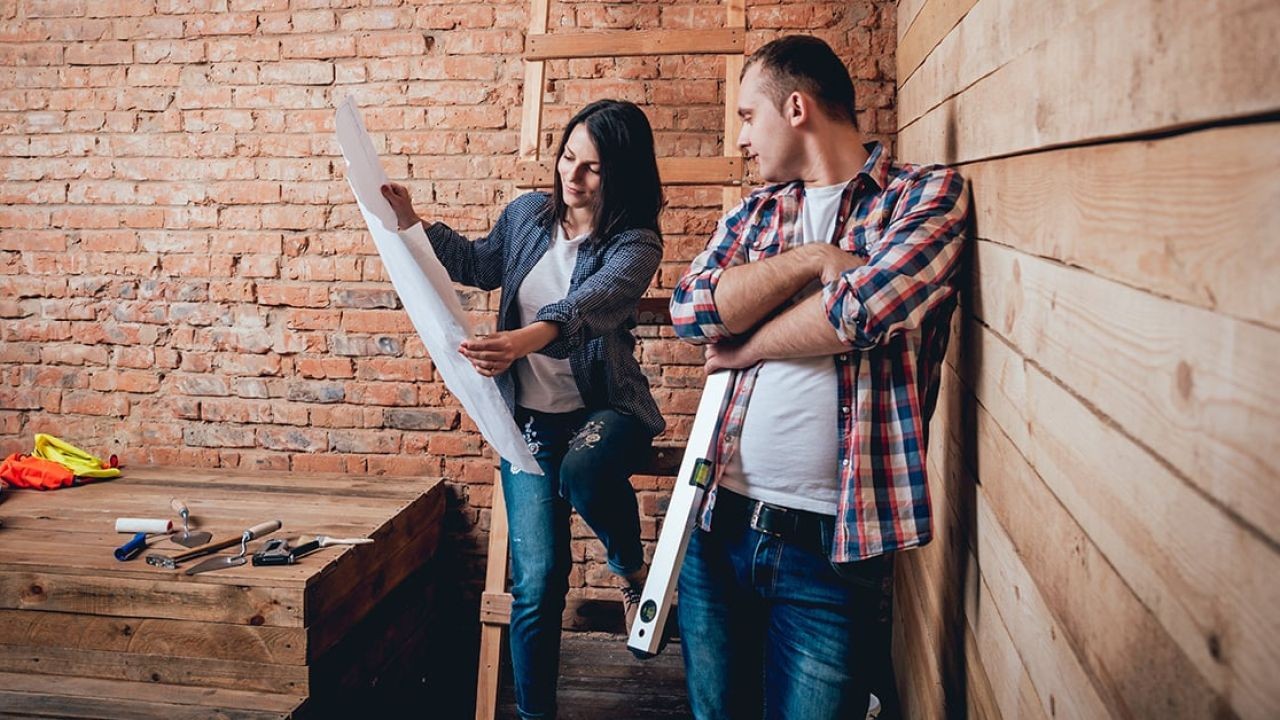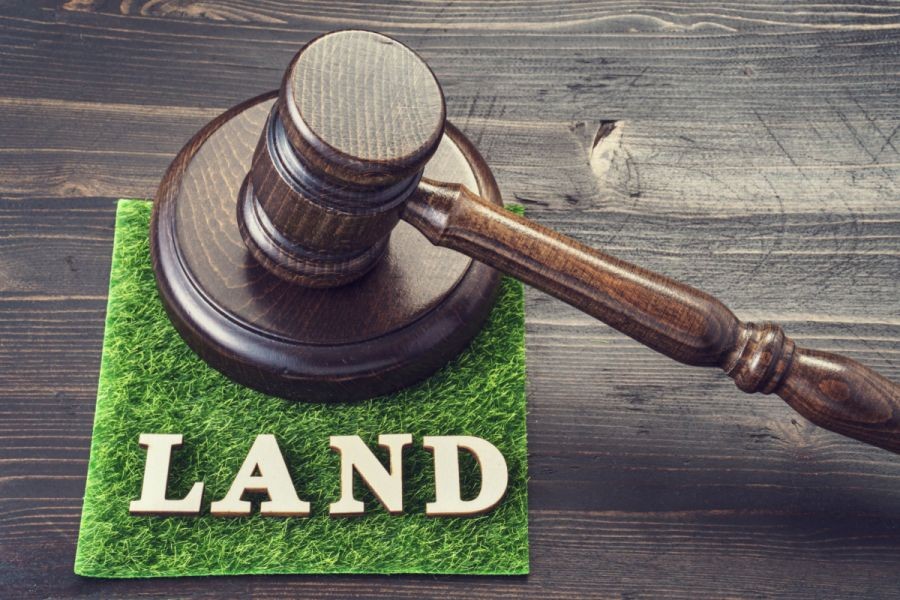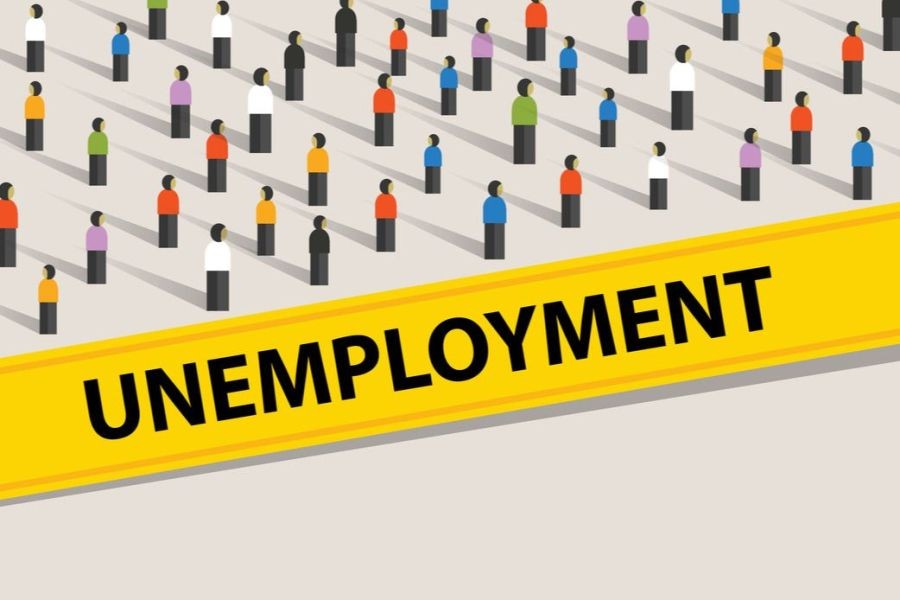In recent years, social media influencers have emerged as powerful voices in shaping public opinion and consumer behavior. However, with great influence comes great responsibility, and the question of whether influencers should be held accountable for misinformation is gaining traction in New Zealand. As property investment specialists, understanding the potential implications of influencer misinformation on the property market is crucial, especially as it pertains to investor decisions and market dynamics.
Understanding the Impact of Influencers in New Zealand
Influencers in New Zealand have a significant impact on consumer behavior, with many Kiwis turning to these figures for advice on everything from lifestyle choices to investment opportunities. According to a report by the Ministry of Business, Innovation, and Employment (MBIE), over 70% of New Zealanders engage with social media daily. This widespread usage highlights the potential reach and impact influencers can have on their audiences.
The property market is not immune to this influence. With the rise of social media platforms, influencers have started to share content related to property investing, which can sway public perception and investor behavior. A 2023 report by Stats NZ revealed that social media is an increasingly important source of information for prospective property buyers, with 45% of respondents citing it as a key resource.
The Risks of Misinformation
Misinformation from influencers can have serious consequences, particularly in the property market. Misinformed individuals may make poor investment decisions based on inaccurate or incomplete information. This can lead to financial losses and contribute to market volatility. For instance, an influencer might incorrectly report on the potential for significant returns in a specific area, prompting a rush of ill-informed investments that ultimately destabilize the local market.
Moreover, misinformation can exacerbate existing challenges in the property market, such as housing affordability and availability. Misleading content about market trends or property values can skew public perception and influence government policy decisions, potentially leading to misguided regulatory changes.
Case Study: The Role of Influencers in New Zealand's Property Market
Consider the case of a popular New Zealand influencer who began promoting a specific suburb as the next "hot spot" for property investment. While the influencer had a large following and significant engagement, their analysis was based on outdated data and anecdotal evidence. As a result, many of their followers invested in the area, driving up property prices artificially without a substantial basis in market fundamentals.
In the months following the influencer's endorsements, the local property market became saturated, leading to a decrease in demand and a subsequent drop in property values. Those who had invested based on the influencer's advice faced significant financial losses. This example underscores the need for accurate and reliable information in the property investment space.
Pros and Cons of Holding Influencers Accountable
Pros:
- Improved Information Quality: Holding influencers accountable can lead to more accurate and reliable content, benefiting consumers and investors.
- Market Stability: Reducing misinformation can contribute to more stable property markets, as decisions are based on sound data.
- Consumer Protection: Accountability mechanisms can protect consumers from making poor financial decisions based on misleading information.
Cons:
- Freedom of Speech Concerns: Implementing accountability measures may infringe on influencers' rights to express their opinions freely.
- Enforcement Challenges: Determining what constitutes misinformation and enforcing standards can be complex and resource-intensive.
- Potential for Overregulation: Excessive regulation could stifle creativity and innovation in influencer content creation.
Regulatory Perspectives and Industry Insights
From a regulatory standpoint, New Zealand is still grappling with how best to address misinformation by influencers. The Advertising Standards Authority (ASA) in New Zealand has guidelines in place, but these largely focus on transparency and disclosure rather than misinformation. As the digital landscape evolves, there is a growing call for more comprehensive policies that address the accuracy of content shared by influencers.
Industry experts suggest a collaborative approach, involving platforms, influencers, and regulators to develop a framework that ensures accountability without stifling innovation. This could involve the creation of fact-checking partnerships or the development of industry standards for content accuracy.
Future Trends and Predictions
Looking ahead, the role of influencers in the property market and beyond is expected to grow. By 2026, it is anticipated that influencer marketing in New Zealand will become a $1 billion industry, with property investing remaining a key area of focus. To navigate this landscape, property investors and consumers alike will need to become more discerning in their consumption of influencer content.
Emerging technologies such as blockchain could play a role in enhancing accountability by providing transparent and immutable records of influencer endorsements and claims. Furthermore, as artificial intelligence continues to evolve, it may offer tools for real-time content verification and fact-checking, helping to mitigate the spread of misinformation.
Final Takeaways & Call to Action
In conclusion, while social media influencers hold significant sway in shaping opinions and behaviors, the potential for misinformation poses risks, particularly in the property market. As New Zealand navigates this evolving landscape, a balanced approach to accountability is essential. Property investors should prioritize due diligence, leveraging verified data sources and consulting with industry experts to make informed decisions.
What’s Next? Consider how you engage with influencer content and the sources you trust for property investment advice. If you are a property investment specialist, join industry forums and networks to share insights and best practices. Engage with regulatory bodies to advocate for policies that promote transparency and accuracy in influencer content.
If you found this article valuable, share it with your network and share your thoughts below. What steps do you think should be taken to ensure influencers are held accountable for misinformation?
People Also Ask (FAQ)
- How does influencer misinformation impact property investment in New Zealand? Influencer misinformation can lead to poor investment decisions, causing financial losses and market volatility, as seen in recent New Zealand case studies.
- What are the biggest misconceptions about influencer accountability? A common myth is that influencers have no impact on serious markets like property, but evidence shows their opinions can significantly sway public perception and investment trends.
- What strategies can help mitigate misinformation by influencers? Experts recommend robust fact-checking, collaboration with verified data sources, and consumer education to discern credible content.
- What upcoming changes in New Zealand could affect influencer regulations? By 2026, new policies may emerge focusing on content accuracy and transparency, aligning with global trends towards greater accountability.
- Who benefits the most from holding influencers accountable? Consumers, investors, and the broader market benefit through increased information accuracy, leading to more stable and informed investment decisions.
Related Search Queries
- Influencer impact on property investment NZ
- Social media misinformation regulations NZ
- Property market trends New Zealand 2023
- Influencer accountability in NZ
- How to verify property investment advice
- Future of influencer marketing in New Zealand
- Misinformation in real estate investing
- Social media's role in NZ property market
- Regulations for influencers in New Zealand
- Impact of misinformation on NZ economy




























Suprememeat8
9 months ago